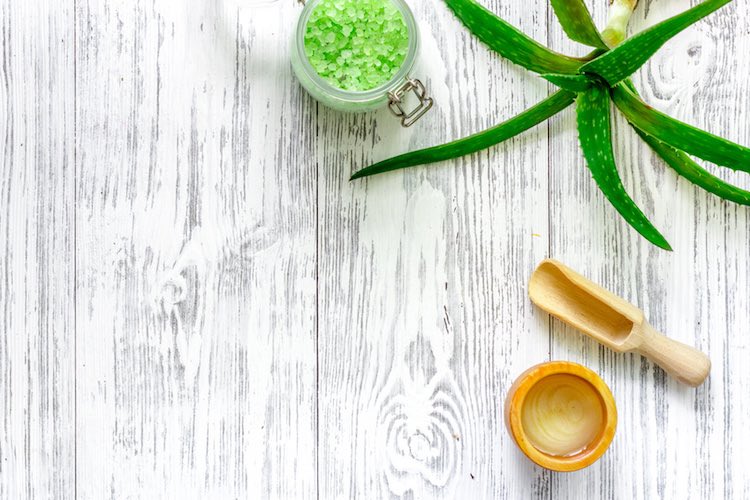In 2016 Wal-Mart suffered a PR nightmare after it emerged that their aloe vera gel contained… well, no aloe vera. Aloe vera can be put to various uses, though the product in question – Equate Aloe After Sun Gel – was ostensibly sold as an emollient for damaged skin. However, the plant’s trio of chemical markers – acemannan, malic acid and glucose – were not present in tests carried out by Bloomberg News. In lieu of the markers, the gel contained maltodextrin, a sugar sometimes used to imitate aloe.
It’s worth pointing out that Wal-Mart wasn’t the only company left blushing – Target, Walgreens and CVS were equally guilty of marketing store-brand aloe vera products of dubious authenticity. The four big-name retailers have some 23,000 outlets between them. Several legal firms have now mustered and filed lawsuits against the companies, seeking class-action status and restitution for customers who claim they were duped.
What is Aloe Vera?
Aloe vera is one of around 420 species of the genus Aloe. Belonging to the Liliaceae family, it also goes by the somewhat unpronounceable botanical name Aloe barbadensis miller.
Incredibly, over 200 biologically active compounds have been identified in the plant, comprising minerals, vitamins, enzymes, salicylic acids and amino acids.
As a matter of fact, aloe vera provides 20 of the 22 amino acids required by humans – and all eight ‘essential’ amino acids.
If you’re not smearing it onto your body to provide soothing relief for a skin condition (psoriasis, burns, dermatitis), you might be utilising aloe vera for one of its myriad associated benefits.
A fertile source of antioxidants, it can promote the healthy functioning of the digestive system, fortify the immune system by flushing out toxins, and even help the body ward off fatigue.
Not for nothing did the Egyptians refer to it as the Plant of Immortality. (And the Native Americans assigned it a no-less-dramatic sobriquet: The Wand of Heaven.)
Aloe Vera Could Improve Blood Sugar Control
A very recent study into aloe vera supplements showed they could be capable of improving blood sugar control in adults with type 2 diabetes and prediabetes, but it’s fair to say the nourishment it provides goes beyond the results of a single study.
After all, a little research unearths a veritable treasure trove of evidence attesting to its many valuable properties.
Aloe Vera for pH Balance
Many people ask is aloe vera acidic or alkaline. It is alkaline and aloe vera is popular among devotees of the alkaline diet, since aloe vera juice (at least the kind without carrageenan) helps to alkalise the body.
Most recommend that it should be taken first thing in the morning for its buffering ability, and the sour-tasting drink is a terrific replacement for highly processed and sugary fruit juices.
Aloe vera is also recommended as part of most anti-inflammatory diets.
Aloe Vera for Detox
When you consider that the aloe vera plant contains over 75 components, comprising vitamins, minerals, amino acids, enzymes and salicylic acids, it really is no surprise that both aloe vera and aloe vera juice are considered staples of detox diets.
Particularly given aloe vera’s ability to reduce yeast formation, normalise bowel movements, promote immunity and tamp down inflammation.




























Leave a comment